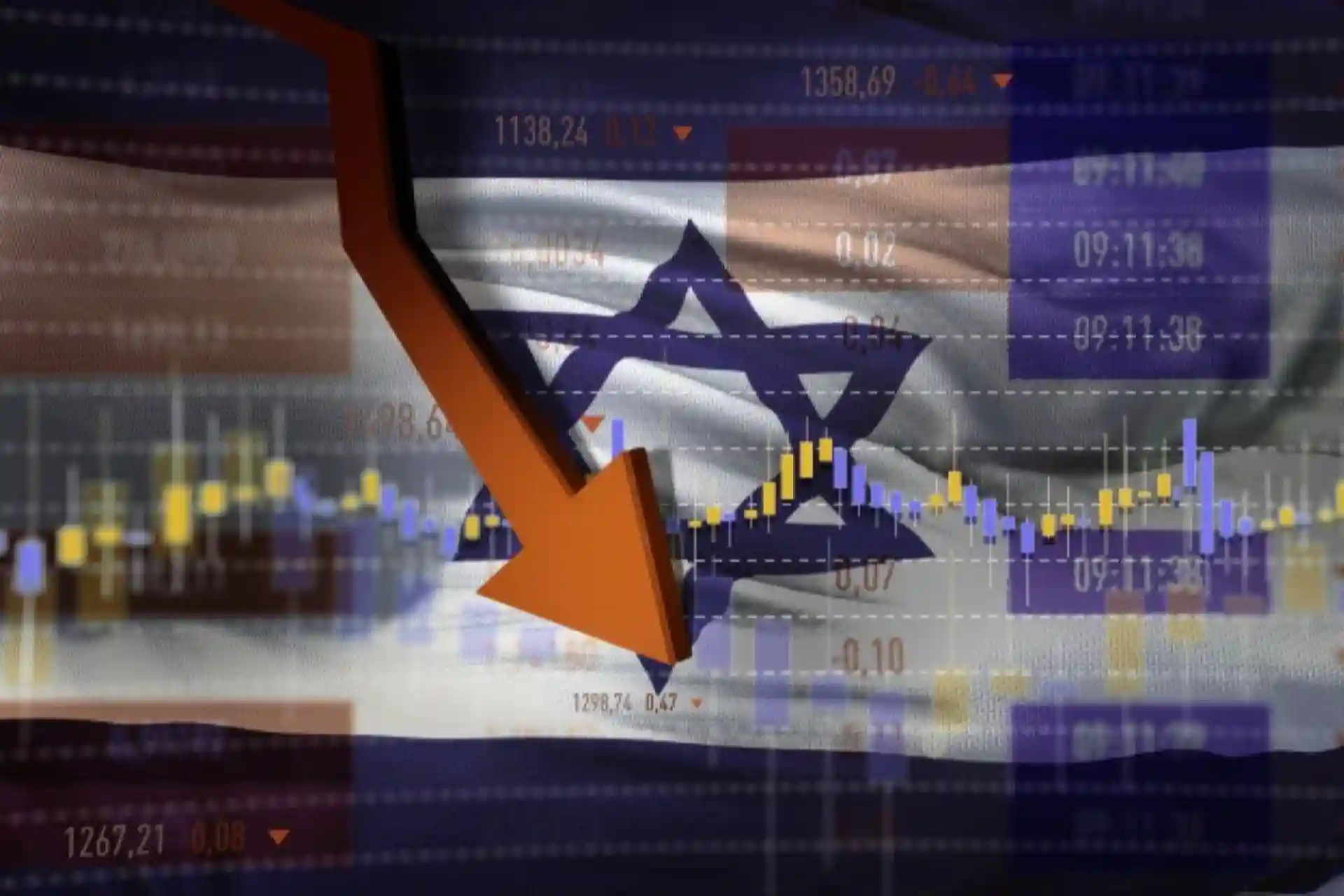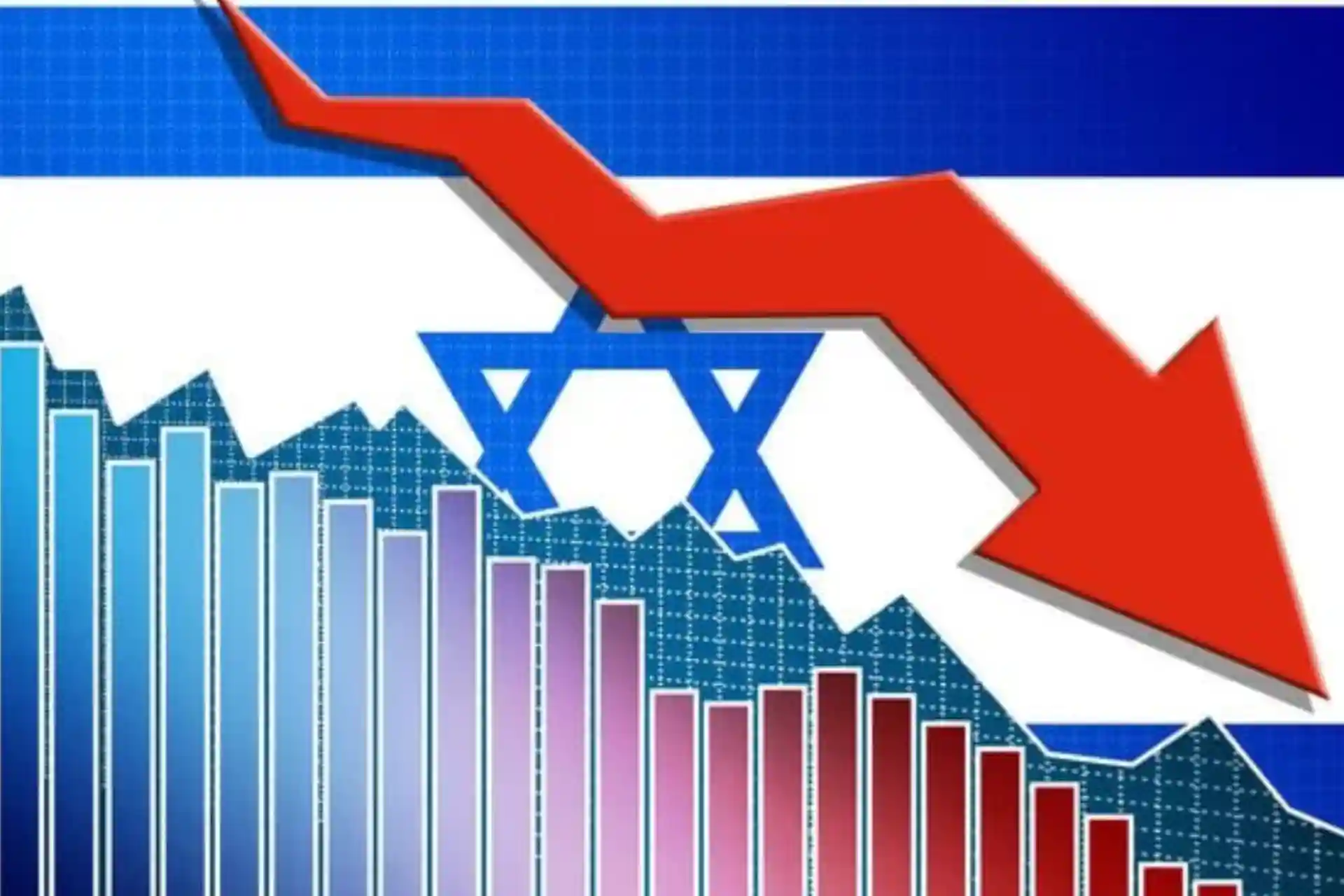Israel's economy is going through difficult times. Experts say the best way to help him is to stop the war
Almost 11 months have passed since the war with Hamas. Although Israeli leaders continue to aggressively attack the Gaza Strip, the end of the war is not in sight, on the contrary, there are signs of a wider conflict, and the country's economy is strained. Since the beginning of the war, about 46,000 enterprises have been closed, 75% of which are small businesses.
Almost all souvenir shops in Jerusalem's Old City are closed. Hawkers in Haifa's flea market hawk their wares on deserted streets. Airlines are canceling flights, businesses are on the brink of bankruptcy, and more than half of luxury hotels are empty.
It has been almost 11 months since the war with Hamas started. Although Israeli leaders continue to aggressively attack the Gaza Strip, the end of the war is not in sight, on the contrary, there are signs of a wider conflict, and the country's economy is strained.
According to the Israeli business information company CofaceBDI, about 46,000 businesses have been closed since the start of the war, 75% of which are small businesses.
Jacob Shaney, an Israeli economist with years of experience advising Israeli prime ministers and government ministries, said the total cost of the war could be $120 billion, or 20 percent of the country's gross domestic product.
The Organization for Economic Co-operation and Development reported that Israel was the country with the largest economic slowdown from April to June among the 38 member countries of the organization. Israel's GDP was projected to grow by 3 percent in 2024. And the Bank of Israel is currently forecasting growth of 1.5 percent -- even if the war ends this year.
In another worrisome sign, the Treasury Department said this month that the nation's deficit had risen to more than 8 percent of GDP over the past 12 months, well above its 2024 deficit-to-GDP forecast of 6.6 percent. In 2023, Israel's budget deficit was about 4 percent of GDP.
Prime Minister Benjamin Netanyahu is trying to allay concerns, saying the economic damage is only temporary. But the bloodiest and deadliest war between Israel and Hamas has put thousands of small businesses out of business, eroding international confidence in an economy once seen as an entrepreneurial powerhouse. Some leading economists say a ceasefire is the best way to stop the damage.
"The economy is in a state of great uncertainty right now, and it's tied to the security situation -- how long the war will last, how intense it will be, and whether it will escalate," said Karnit Flug, a former head of Israel's central bank who is now vice president for research at the Israel Democracy Institute, a Jerusalem-based think tank. .
Fighting in Gaza and daily attacks by Hezbollah fighters in Lebanon have also forced tens of thousands of people from their homes and caused widespread damage along Israel's northern and southern borders.
Israel's economy has suffered from various shocks before, including a brief war with Hamas. But the protracted conflict has caused major tensions, including reconstruction costs, compensation for victims and families of reservists, and massive military spending.
The protracted nature of the fighting with Iran and its proxy in Lebanon, Hezbollah, and the threat of further escalation, have a particularly strong impact on tourism. Although tourism is not the main engine of the economy, it has affected thousands of workers and small businesses.
The once bustling port of Haifa, Israel's major import-export hub where large container ships often dock, was quiet on a recent weekday.
Many long-haul ships have stopped using Israeli ports as hubs as Yemen's Houthi rebels threaten shipping through Egypt's Suez Canal, a port official said.
According to him, in the first half of the year, compared to the same period of 2023, the volume of cargo transportation of Israeli ports decreased by 16%.
Following S&P and Moody's, Fitch also downgraded Israel's rating from A + to A. A downgrade could lead to higher borrowing costs from the government.
"In our view, the conflict in Gaza is likely to continue until 2025," Fitch warned in its rating note . The agency also cited the possibility of "significant additional military spending, infrastructure destruction, and further damage to economic activity and investment."
The downgrade and the deficit have increased pressure on the Israeli government to end the war and reduce the deficit - which would require decisions such as raising taxes or cutting spending.
Even the famous American Colony hotel in Jerusalem, a popular stopover for politicians, diplomats and movie stars, has laid off employees and is considering pay cuts, said Jeremy Bercovy , a spokesman for the hotel's founders .
" At some point, we considered the possibility of closing for a few months , " Berkovy said .
Experts say the best way to help the economy recover is to end the war.



